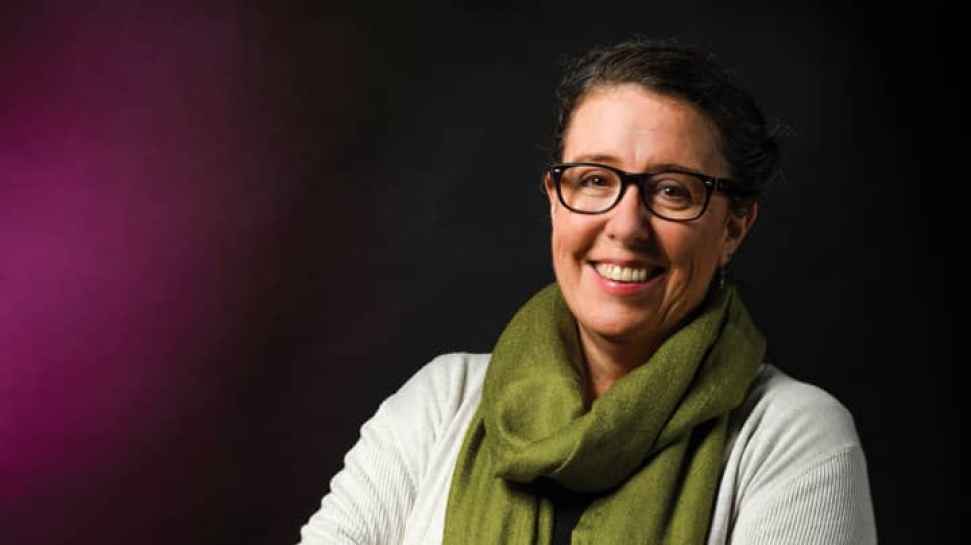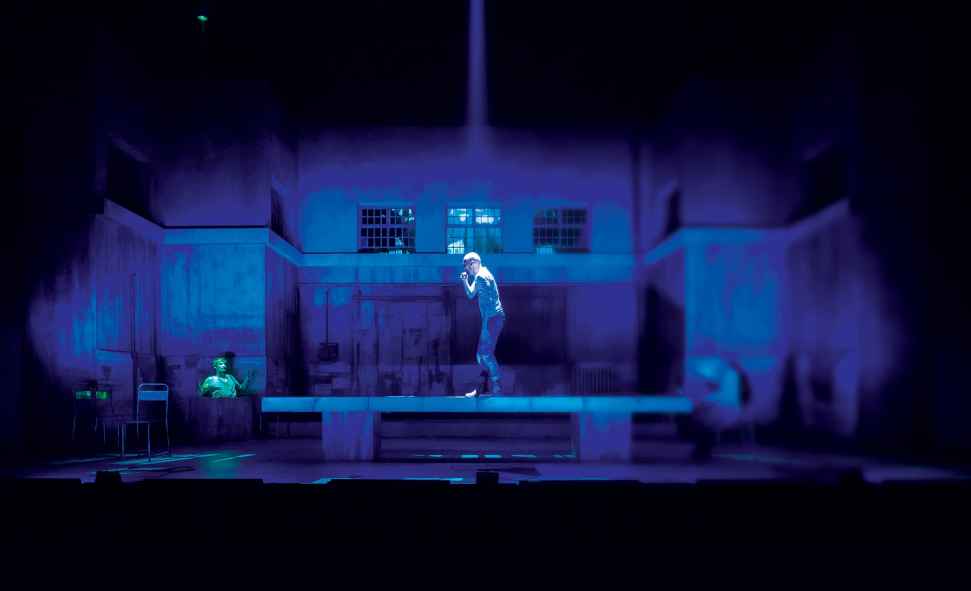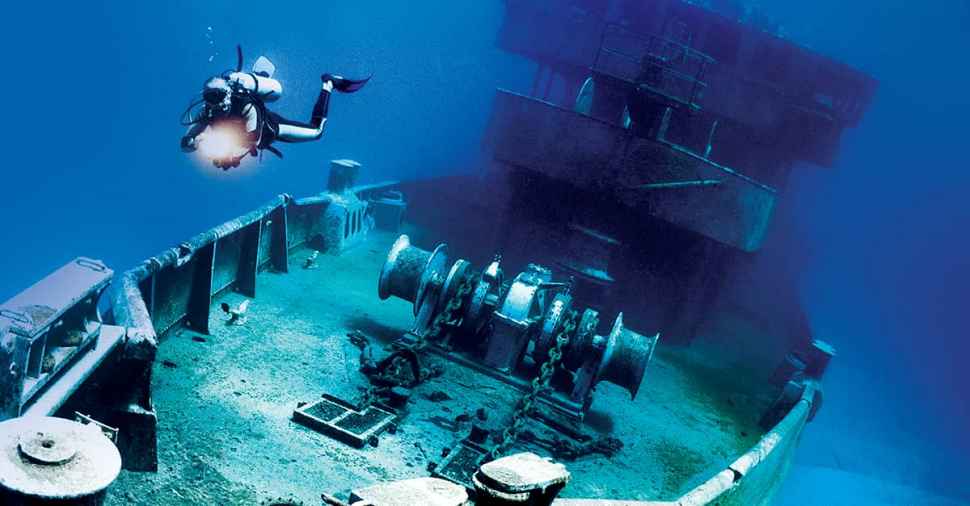Hello my friend in desktop mode.
Hello my friend in desktop mode.
Hello again my friend in desktop mode.
Hello again friend in mobile mode.
Natalie Filatoff
PERFORMANCES
THAT LIVE ON
—
Australians have staged some of the world’s most ambitious and innovative live productions. AusStage is committing them to the national memory.
Over the past 20 years, AusStage – the Australian Live Performance Database – has turned countless shoeboxes of theatre ephemera and memories of live performance into a national record of cultural vitality.
This unique resource, holding details of more than 370,000 live events, directors, artists and venues, documents a part of Australia’s identity that would otherwise be lost.
AusStage will soon welcome visitors to explore virtual re-enactments of historical theatre venues.
Jenny Fewster from Flinders College of Humanities, Arts and Social Sciences works to expand the capacity and reach of AusStage as a collector and connector of data. She has been with AusStage from the beginning – joining when the project began in 2000 before being appointed project manager in 2003 – and remains passionate about the work.
“There are performances taking place in this country that will be forgotten forever, because there’s nothing left behind except for maybe somebody’s memory,” she says. “So recording what happens in the field of performance is really important otherwise it can simply be lost.”
AusStage covers everything from plays, musicals, burlesque, dance and corroboree, to circus performances and performance poetry – to name just a few. For those involved in the performing arts, it can form a comprehensive record of their endeavours, enabling their work to be searched, while also illuminating the ideas and influences that have travelled with them across the stage.

Jenny began working on performing arts databases in the early 90’s in her role as Research Assistant at the Performing Arts Collection of South Australia. She joined AusStage, the Australian national online resource for live performance research, when the project began in 2000 and was appointed Project Manager in 2003. During her time with AusStage the project has been successful in gaining over $4 million (AUD) in funding from the Australian Research Council, Australian National Data Service, National eResearch Architecture Taskforce, eResearch South Australia and the Australian Access Federation. Jenny is active in nurturing relationships between university researchers and cultural collections. She is currently the Deputy Chair and Secretary of the Performing Arts Heritage Network of Museums Australia and has served on that Committee for the last nine years.
“There are performances taking place in this country that will be forgotten forever, because there’s nothing left behind except for maybe somebody’s memory.”
It is a uniquely flexible tool to preserve the depth of artists’ and directors’ back catalogues, such as that of stage designer Brian Thomson. He is perhaps best known for his stage designs for The Rocky Horror Picture Show and The Adventures of Priscilla, Queen of the Desert. Hundreds of records now hosted by AusStage show the global extent of his artistic influence, spanning Sweden, Perth and the Bahamas, to Sydney’s Belvoir Street Theatre.
As a record of a lucrative creative industry, AusStage also informs investment in arts organisations all over the country. And that’s more significant than you might think – the Australian performing arts sector produced $1.4 billion in ticket sales in 2015 alone, making it a greater revenue generator than sporting events.
With more than two decades of experience working on performing arts databases, Fewster has spent the last 15 years raising millions of dollars in funding to keep AusStage growing.
“Our current known partnerships are with 14 academics at various universities,” she says. “Historians also use AusStage, because it can provide social context to any period of Australian history.”
Key collaborators tasked with uploading countless newspaper articles and reviews, collections of ephemera, photographs and programs include universities and regional museums, the National Library of Australia and members of the vast Australian online library-database aggregator, Trove.
“Obviously with reviews copyright is still a major issue, but if they’re available in Trove, copyright is cleared, so we leave a link back to the article in Trove,” says Fewster.
“And in some cases where people think it’s really important to have it embedded, we’ll embed it in the database as well. It’s a multipronged approach. We’re not really prescriptive about everything having to be done in a certain way.

As part of its ongoing expansion, AusStage provides funds to such organisations to enable the digitisation of their own collections. It then links to or harvests these records to build an ever richer and more comprehensive account of Australian performance history.
AusStage has also improved its technology. The move some years ago to an open-source (free and easily accessible) data-management platform ensured that AusStage’s architecture could be readily replicated.
“We’ve developed an exhibition zone, which enables users to curate exhibitions and materials that can be existing database records, but they also can draw in resources from other sites,” says Fewster.
“We’ve always allowed the collections to handle their own images and objects from their collections. People try to give me images. I don’t want them, because I think that belongs in the collection sector — the care of the actual ephemeral object and bits of realia, that belongs in the collection sector.”
The idea has recently been adopted by Norway’s IbsenStage, and UKStage is now seeking funding to develop on the same platform, with the goal of one day becoming interoperable with AusStage and allowing researchers to trace the cultural lines of transmission between the theatre industries of both nations.
“Australian performance creativity is so much broader than any of us will experience or can imagine – and it must become part of the historical record”, she says.
![]()
Sturt Rd, Bedford Park
South Australia 5042
South Australia | Northern Territory
Global | Online
CRICOS Provider: 00114A TEQSA Provider ID: PRV12097 TEQSA category: Australian University











